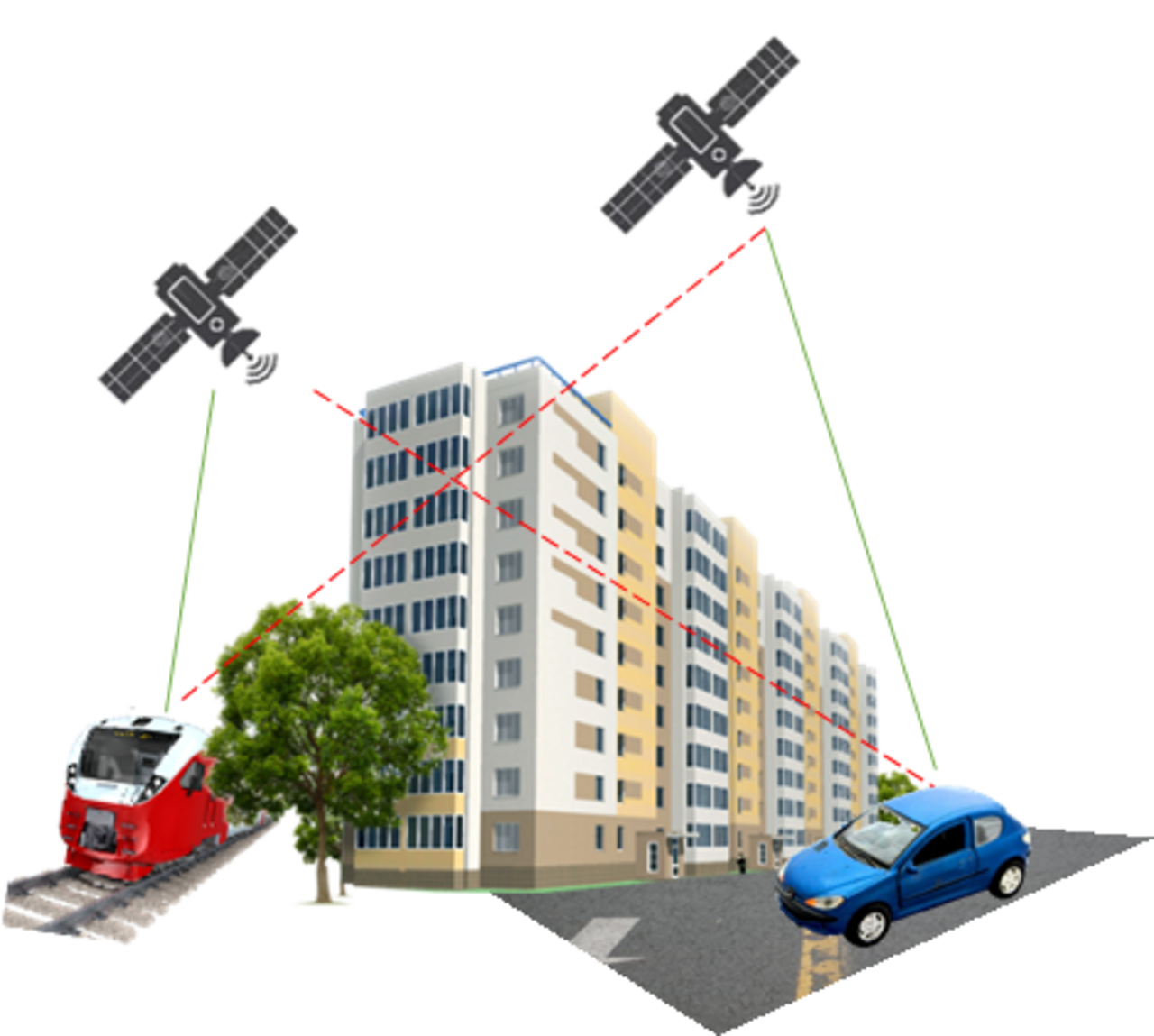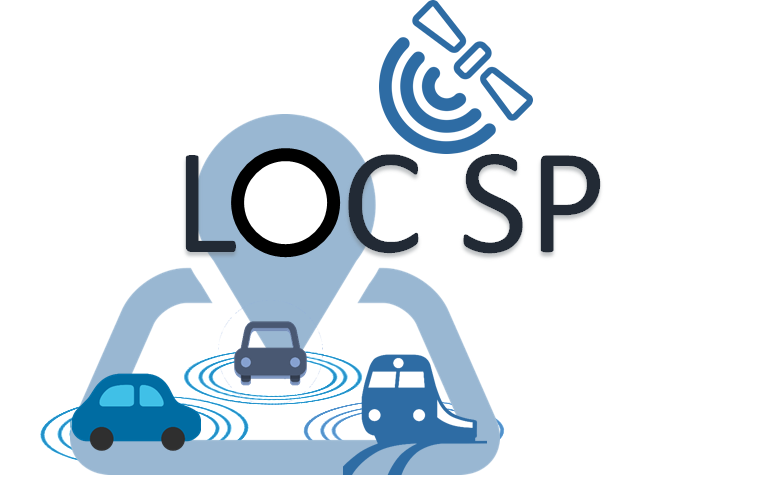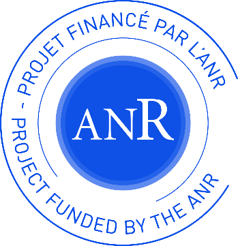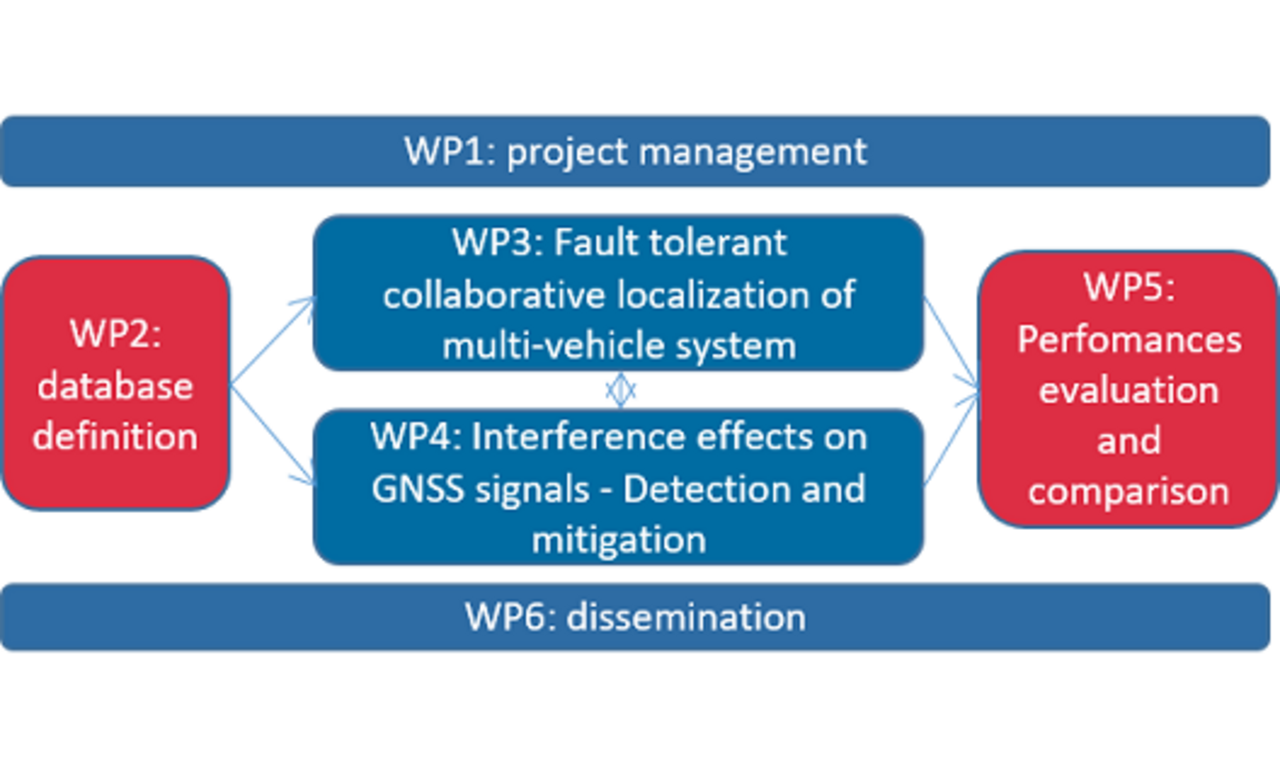Revolution of the transportation systems (evolving toward autonomous cars or trains in a world where digitalization will be everywhere) implies the development of a panel of embedded technologies among which localization and communication are key elements. Scientific and industrial communities intensively handle these technologies in order to boost innovative and cost-efficient solutions for railway signaling or, more globally, automated vehicles, with a more and more important need for achieving a high level of safety. In this framework, LOCSP (Solution de LOCalisation Sûre et Précise) will focus on the localization function and in particular on the requirement for accurate and safe positions.
Main objectives
LOCSP objectives are:
- to compare performances reachable by existing solutions (commercial and previously developed in lab)
- to propose a panel of solutions and algorithms with different costs and complexities evaluated with scenarios and dataset containing sensor failures in order to show performances and limits of each proposal.
Every solution will be tested with real datasets. The project intend to share in an open way some datasets that will allow any user to evaluate its solution and find a balance between cost and complexity.
Project description
Context

WP2 - Use case definition and Data base construction
When assessing performances, one can notice that each of the publications illustrates their benefits with different simulation or experimental datasets. Each paper provides its own scenario and uses its own dataset that does not allow cross-comparison of the techniques; the behavior of the developed algorithms in presence of typical faults is only partially evaluated.
To fill in these gaps, LOCPS will create a database allowing the users to evaluate positioning algorithm capacity to compute a position in nominal conditions or reception as well as in the presence of faults. Faults targeted will be system failures, multipath and interferences.
WP2 will ensure the development of a shared dataset, representative of different use cases and fault scenario.
Objectives
- Use case definition;
- Identification of existing databases and gaps to be covered;
- Identification of simulation resources if gaps cannot be filled by experimental data ;
- Planning and realization of an experimental campaign if useful
WP3 - Fault tolerant collaborative localization of multi-vehicle system
The objectives of this WP is to develop a collaborative localization method for a team of vehicles able to detect and manage sensors failure in order to ensure a very high level of integrity in estimating the position of vehicles for a safe and secure autonomous navigation task. We aim to highlight the contribution of hybridization of GNSS measurements with other types of sensors and information provided by other adjacent vehicles. We will evaluate and explore the gain in precision, integrity and availability thanks to the tight coupling of GNSS measurements with other sensors (odometry, inertial centre, vision, Lidar, 2D/3D map). In particular, we will explore the contribution of information provided by neighbouring vehicles in terms of the integrity of the position estimation of vehicles team. In this part, the scientific problems to be faced are:
- Collaborative multi-vehicle localization,
- Fault detection and exclusion of sensors measurements for monitoring and integrity control of multi-sensor localization methods.
As part of this WP, a strong collaboration between the DiCOT-CRIStAL and LEOST-Uni. Eiffel teams is planned in the form of a PhD co-supervision. Strong support from the M3 Systems company in WP3 is essential for the provision of simulation software and GNSS real data acquisition systems.
WP4 - Interference effects on GNSS signals - Detection and mitigation
To develop a fail-safe robust positioning solution, it is then crucial to detect, identify and mitigate the interferences created in the surrounding of the vehicle. LOCSP will investigate the different techniques for interference detection and mitigation, evaluate and compare their respective performance.
Detection techniques vary depending on the step of work inside the signal processing chain. In the framework of a PhD Thesis, LOCSP will investigate the capacity of the different existing techniques to face RFI and in particular, the one from RAIM algorithms (and ARAIM – Advanced RAIM - for multi constellation) as well as the behavior of fusion algorithms.
Simulated data will complement field measurement data and provide the possibility to fill the gaps in the measured data (e.g. missing scenarios, missing local events) and to generate data for non-nominal situations.
Download a presentation poster from Ali KAZIM, PhD (june 2021)





